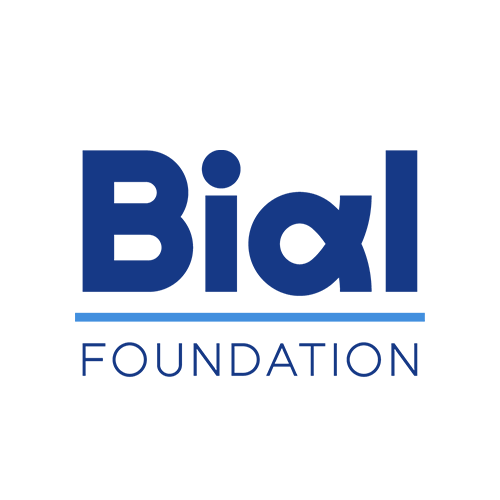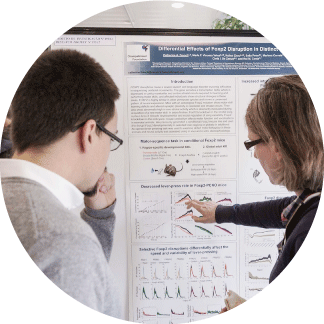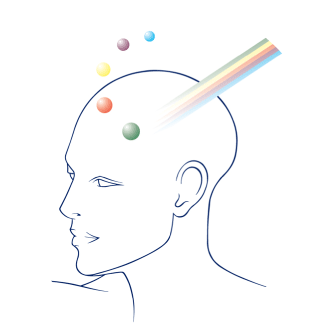News
Top Stories

Could the healthcare provider's nonverbal behaviour modulate pain reports and placebo effects?
The effects of the nonverbal behaviour of healthcare providers on pain reports and placebo effects may differ in healthy males and females.

To what extent do the boundaries of our body seem to fade during focused-attention meditation?
An experimental study revealed that a 15-minute focused-attention meditation session blurred the boundary between the self and the environment.

Is it possible to regulate the feeling of disgust by imaginary placebo pill intake?
A study compared the effects of a placebo pill and an imaginary pill in reducing visually induced disgust.
News
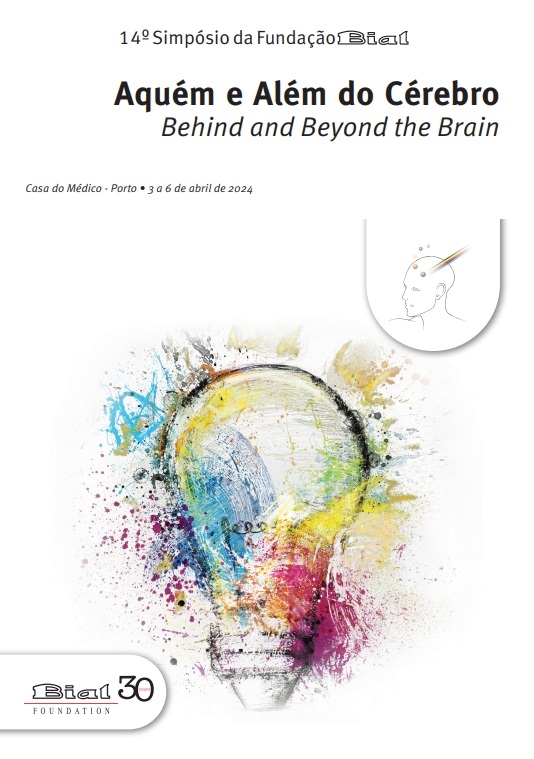
The Proceedings of the 14th Symposium of the BIAL Foundation is now available
The BIAL Foundation has just published the Proceedings of the 14th "Behind and Beyond the Brain" Symposium on the theme “Creativity”.
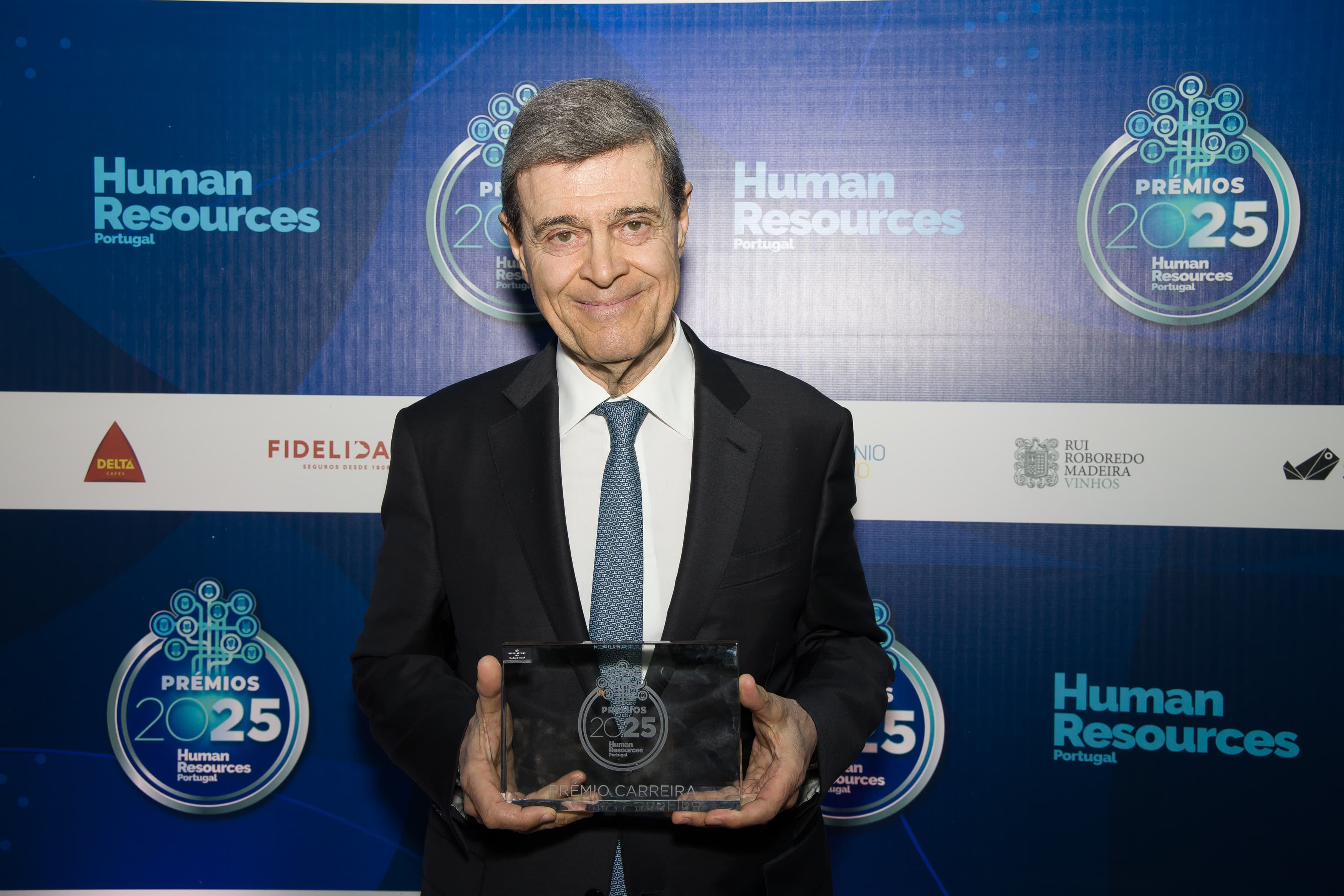
Luís Portela honoured with Career Award by Human Resources
The chairman of the BIAL Foundation, Luís Portela, was honoured with the Career Award by Human Resources Portugal.

How does the brain track the rhythm of music?
A study reinforces the idea that music, although culturally rich and diverse, is grounded in mechanisms deeply rooted in our biology.


